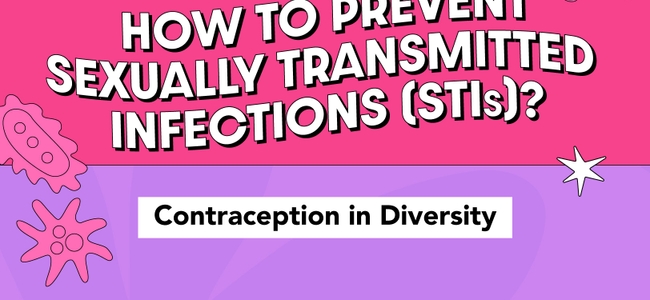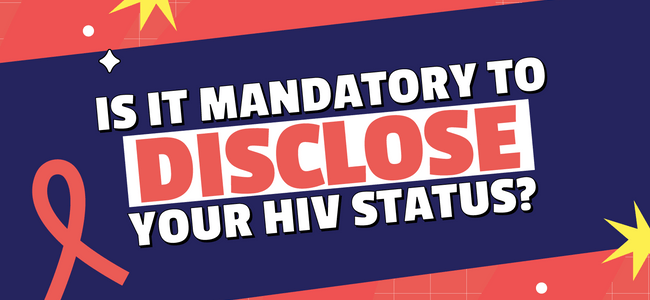What is spermicide?
Spermicides are drugs that can immobilize or kill the sperm upon contact. It is a barrier method of contraception that you place deep into the vagina, near the cervix, right before sex to destroy sperm before it gets into the uterus (1).
There are different types and brands of spermicide available on the market. The most widely used spermicide is the one containing nonoxynol-9. This type of spermicide has been shown to protect against gonorrhea and chlamydial infections.
Other types of spermicides include those containing menfegol, benzalkonium chloride, octoxynol-9, chlorhexidine, and sodium docusate.
Spermicides come in the form of creams, jellies, foaming tablets, melting films, melting or foaming suppositories, and cans of pressurized foam.
The spermicides that come in the form of creams, jellies, and foam from cans can be used alone, with condoms, or with diaphragms.
The types that come in the form of melting suppositories, films, foaming tablets, or foaming suppositories can be used alone or with condoms (2).
How does the spermicide work?
Spermicides work by causing the membrane of sperm cells to break in a way that kills them or slows their movement. This prevents the sperm from meeting the egg.
How effective is spermicide?
The effectiveness of spermicide is highly dependent on how correctly and consistently it is used. The risk of pregnancy increases when spermicides are not used with every sex act. A spermicide is usually applied right before each sex act, and its effectiveness lasts for only one hour. While it can be used as either a primary or secondary method, spermicide works best when paired with other barrier contraceptives, such as the diaphragm, cervical cap, or condom. When used alone, vaginal spermicides provide limited protection against the transmission of Sexually Transmitted Infections (STIs) and do not protect against HIV infection.
As commonly used, spermicides have an effectiveness rate of 79% over the first year. This means that 21 out of every 100 women using spermicides will become pregnant. With correct usage during every sex act, spermicide can achieve 84% effectiveness at preventing pregnancy. This means that only 16 out of 100 women using spermicide will end up pregnant (3).
Overall, the effectiveness of spermicide can be as low as 50% or as high as 99.9% based on whether it is used correctly, alone, or in combination with other barrier methods. Correct placement of the spermicide against the cervix and allowing it enough time for dispersion are critical factors that may affect its effectiveness. Using spermicide in combination with other barrier methods significantly increases its effectiveness. Using spermicide with a condom is associated with 99.9% effectiveness (4).
How to use spermicide?
For proper usage, be sure to read the instructions on the packaging and check the expiration date. Spermicide is easy to use – you simply insert it into your vagina with your fingers or an applicator.
– Apply or insert the spermicide high in the vagina to cover the cervix.
– Use an adequate amount of spermicide.
– Insert an additional application of spermicide with every sex act.
– Wait for the recommended time between the application and having sex. Some spermicides require that you wait 10–15 minutes before having sex. This allows the spermicide to melt and disperse. These types of spermicides are also only effective for a single hour after you put them in. If more than three hours pass before you have sex, apply the spermicide again.
– The vaginal contraceptive film (2-by-2 inches sheet containing 28% nonoxynol-9) is inserted at least 15 minutes before sex to melt and disperse. If more than three hours have elapsed, another film must be inserted.
– The spermicidal foam containing 12.5% nonoxynol-9 is effective immediately after application and for up to one hour after insertion. It is inserted in the vagina using an applicator, and you will be required to apply it again before every additional sex act.
The advantages of spermicide
– It is easy to use and easily accessed. You do not require special skills to use it.
– It can be inserted as part of foreplay.
– It is hormone-free.
– No prescription is necessary. You do not need to see a medical provider to use spermicide.
– It can be used while breastfeeding.
– Do not douche for at least six hours after sex.
– Always have an additional supply of spermicide on hand (5).
Can you use spermicide after sex?
No, for it to be effective at preventing pregnancy, spermicide can only be inserted before engaging in a sex act.
Can I use spermicide while on my period?
Yes, you can use spermicide when you’re on your period. However, during this time, you are discouraged from using it in combination with a diaphragm or cervical cap because you are at risk of getting toxic shock syndrome. You have the option of combining it with a condom. Spermicides do not affect your period or hormones in any way.


